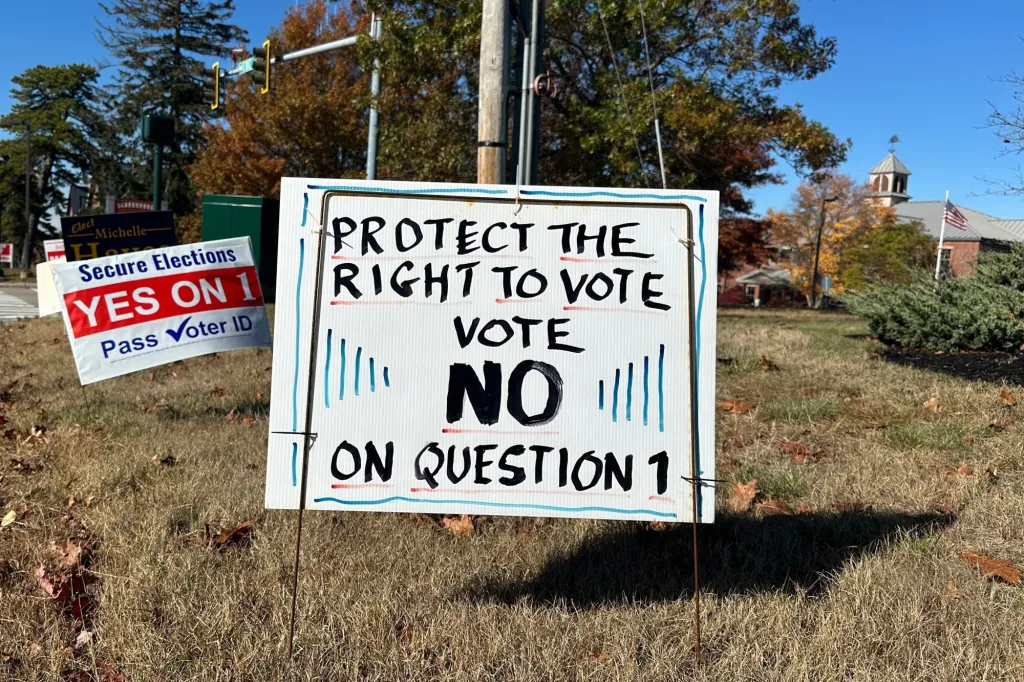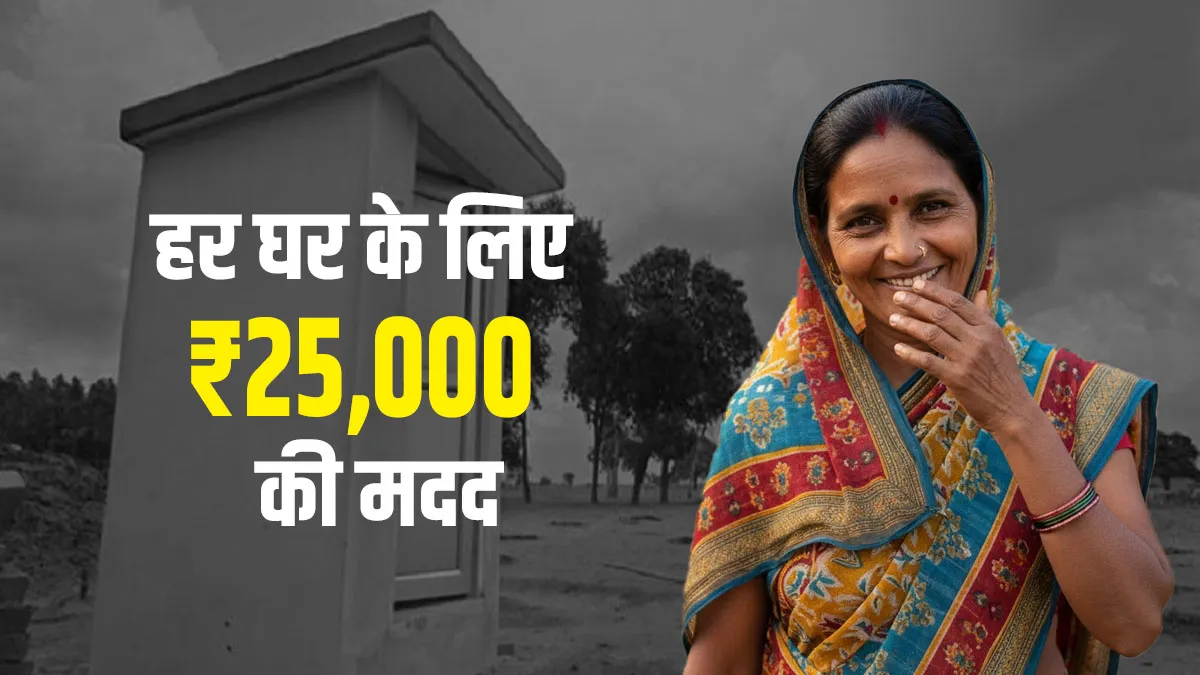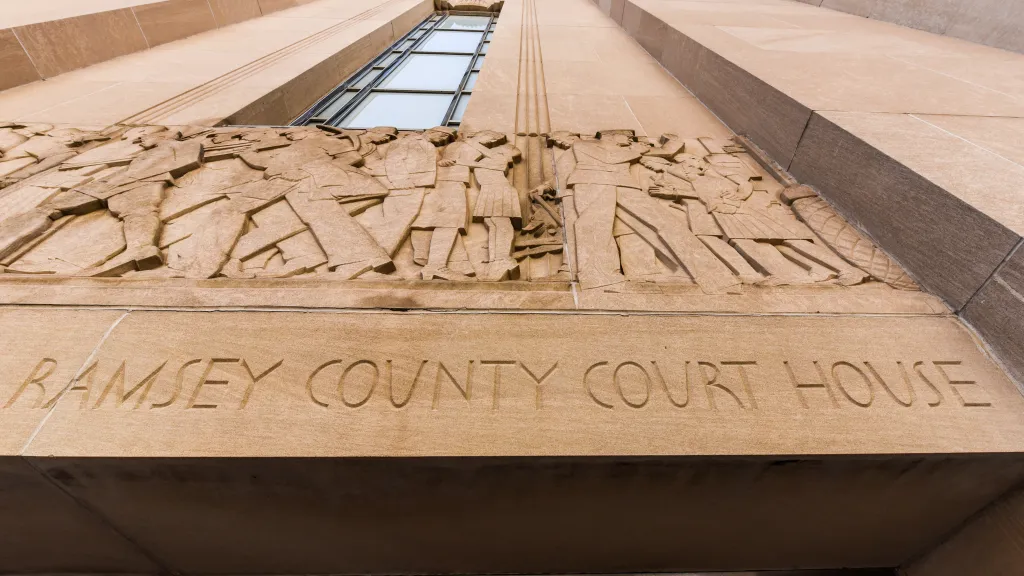Copyright St. Paul Pioneer Press

To place an obituary, please include the information from the obituary checklist below in an email to obits@pioneerpress.com. There is no option to place them through our website at this time. Feel free to contact our obituary desk at 651-228-5263 with any questions. General Information: Your full name, Address (City, State, Zip Code), Phone number, And an alternate phone number (if any) Obituary Specification: Name of Deceased, Obituary Text, A photo in a JPEG or PDF file is preferable, TIF and other files are accepted, we will contact you if there are any issues with the photo. Ad Run dates There is a discount for running more than one day, but this must be scheduled on the first run date to apply. If a photo is used, it must be used for both days for the discount to apply, contact us for more information. Policies: Verification of Death: In order to publish obituaries a name and phone number of funeral home/cremation society is required. We must contact the funeral home/cremation society handling the arrangements during their business hours to verify the death. If the body of the deceased has been donated to the University of Minnesota Anatomy Bequest Program, or a similar program, their phone number is required for verification. Please allow enough time to contact them especially during their limited weekend hours. A death certificate is also acceptable for this purpose but only one of these two options are necessary. Guestbook and Outside Websites: We are not allowed to reference other media sources with a guestbook or an obituary placed elsewhere when placing an obituary in print and online. We may place a website for a funeral home or a family email for contact instead; contact us with any questions regarding this matter. Obituary Process: Once your submission is completed, we will fax or email a proof for review prior to publication in the newspaper. This proof includes price and days the notice is scheduled to appear. Please review the proof carefully. We must be notified of errors or changes before the notice appears in the Pioneer Press based on each day’s deadlines. After publication, we will not be responsible for errors that may occur after final proofing. Online: Changes to an online obituary can be handled through the obituary desk. Call us with further questions. Payment Procedure: Pre-payment is required for all obituary notices prior to publication by the deadline specified below in our deadline schedule. Please call 651-228-5263 with your payment information after you have received the proof and approved its contents. Credit Card: Payment accepted by phone only due to PCI (Payment Card Industry) regulations EFT: Check by phone. Please provide your routing number and account number. Rates: The minimum charge is $162 for the first 12 lines. Every line after the first 12 is $12. If the ad is under 12 lines it will be charged the minimum rate of $162. Obituaries including more than 40 lines will receive a 7.5% discount per line. On a second run date, receive a 20% discount off both the first and second placement. Place three obituaries and the third placement will be free of charge. Each photo published is $125 per day. For example: 2 photos in the paper on 2 days would be 4 photo charges at $500. Deadlines: Please follow deadline times to ensure your obituary is published on the day requested. Hours Deadline (no exceptions) Ad Photos MEMORIAM (NON-OBITUARY) REQUEST Unlike an obituary, Memoriam submissions are remembrances of a loved one who has passed. The rates for a memoriam differ from obituaries. Please call or email us for more memoriam information Please call 651-228-5280 for more information. HOURS: Monday – Friday 8:00AM – 5:00PM (CLOSED WEEKENDS and HOLIDAYS) Please submit your memoriam ad to memoriams@pioneerpress.com or call 651-228-5280. By PATRICK WHITTLE, Associated Press PORTLAND, Maine (AP) — Maine and Texas are the latest states to become involved in a nationwide Republican push to enact strict voter ID laws and highlight the rare problem of noncitizen voting, with voters set to decide ballot measures on those issues Tuesday. Supporters say the initiatives would help safeguard elections, while opponents claim they are intended to make voting more difficult or address issues that aren’t major problems. The proposal in Texas, where Republicans control the government, is fairly simple: It would amend the Texas Constitution to add “persons who are not citizens of the United States” to the list of those excluded from participating in elections. Maine’s proposal centers on requiring a photo ID to vote, but it is far more sweeping. The Republican-backed initiative also would limit the use of drop boxes for returning completed ballots and make several changes to the state’s absentee voting system, including eliminating two days of absentee voting and ending ongoing absentee voter status for seniors and people with disabilities. Voters will decide on the measures at a time when President Donald Trump and national Republicans have pressed for new restrictions on voting, including requiring proof of citizenship. Maine Gov. Janet Mills is one of many Democrats in the state speaking out against the voter ID initiative that is the centerpiece of Question 1. She said she sees it less as a chance to shore up elections and more as an attack on the right to vote itself. Proponents of the ID push said it’s about ensuring legal votes count in the state. The Maine proposal also would limit the number of ballot drop boxes to just one per municipality in a state where mail voting has been growing in popularity. The ballot initiative is up for approval as the state investigates an allegation that dozens of unmarked ballots, intended for use in this year’s election, were discovered inside a woman’s Amazon order. The secretary of state’s law enforcement division is investigating with assistance from the FBI and other state authorities, Maine Secretary of State Shenna Bellows has said. The Texas proposal arrives as Republicans in the state have also pushed for a requirement that voters show documented proof-of-citizenship in order to vote. A state Senate bill on the subject failed to gain full legislative approval before lawmakers adjourned in June. Voters in Texas must already attest to being a citizen when they register to vote, so the amendment being decided Tuesday will have little practical effect. It will add noncitizens to the list of those who are prohibited from voting and do so as a constitutional amendment, making it difficult to change in the future. Between 2018 and 2024, 14 other states put similar citizenship amendments before voters, and all passed easily. More are expected next year. Opponents say the amendment is unnecessary because voting by noncitizens in Texas and elsewhere is already rare and illegal. It’s a felony punishable with prison time and possible deportation. A handful of cities across the country allow noncitizens to vote in certain local elections, but none is in Texas.



